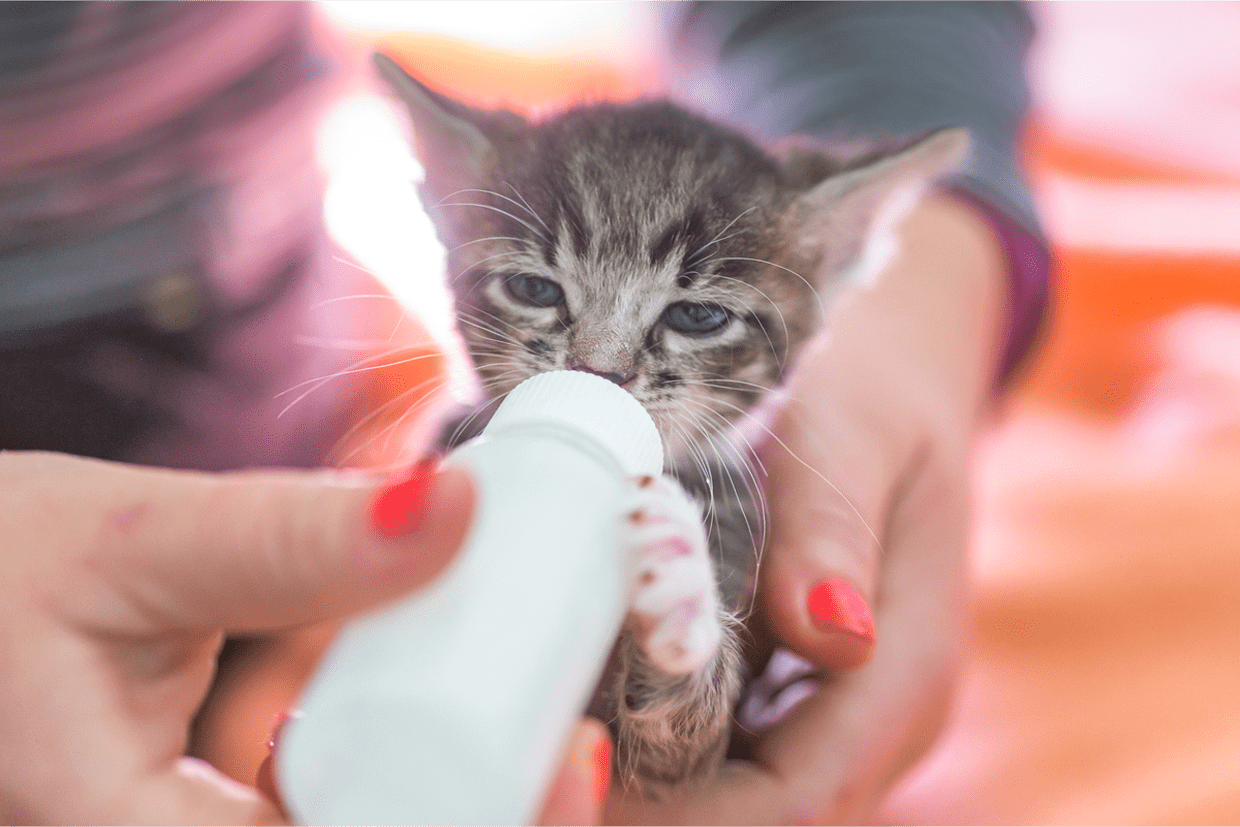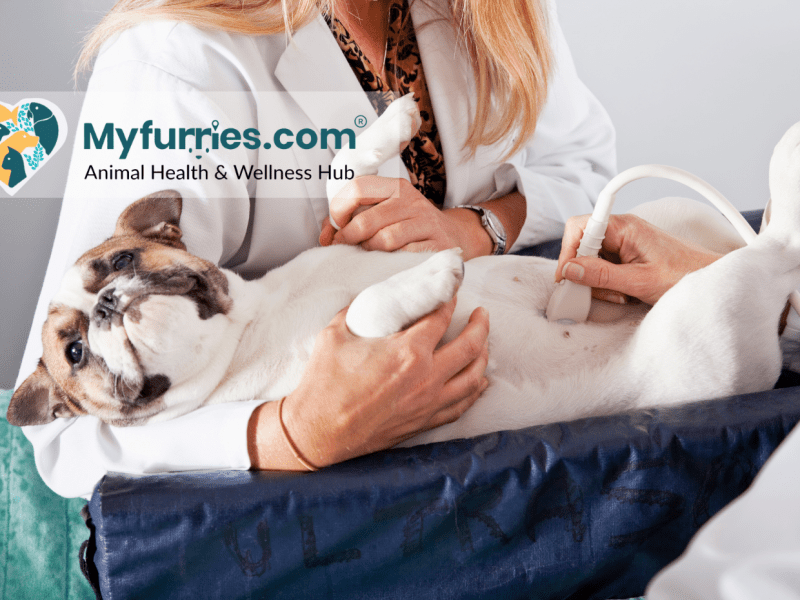‘It’s a thrilling journey to welcome a new kitten into your household. We’ll discuss when to bring them home, how to choose between store-bought and homemade food, accurate gram measurements, ideal feeding intervals, and quantitative suggestions for nutritional supplements to protect your kitten’s health.’
When to Bring a Kitten Home?
Kittens typically depart from their mother and littermates at around 8 to 12 weeks of age. To foster their health and behavior, it’s advisable to wait until they are at least 8 weeks old before bringing them into your household.
Choosing the Right Food: Commercial or Homemade
The decision between commercial and homemade kitten food is crucial, and it should be driven by your kitten’s nutritional needs:
- Commercial Kitten Food : Commercial kitten food is meticulously designed to meet the specific nutritional requirements of growing kittens. It offers convenience and is available in various forms, including dry kibble, canned, or semi-moist, often labeled with age-appropriate guidelines.
- Homemade Kitten Food: Some pet owners opt for preparing homemade meals for their kittens, granting the opportunity for customization. If you choose this route, collaborate with a veterinarian or feline nutritionist to ensure your homemade diet aligns with your kitten’s dietary prerequisites.
Common Foods for Homemade Kitten Food
- Meats: chicken or turkey.
- Whole Grains: brown rice or quinoa.
- Vegetables: Like steamed carrots or sweet potatoes.
- Fish: Salmon or tuna (ensure it’s cooked thoroughly and bone-free).
- Eggs: Scrambled or boiled.
- Liver: In small amounts, as it’s rich in nutrients.
Precise Nutrient Percentages in Food
To ensure optimal growth and development, your kitten’s diet should contain precise percentages of key nutrients:
- Protein: Growing kittens typically require around 30-40% of their daily calorie intake to come from high-quality protein sources, such as lean meats (e.g., chicken or turkey).
- Carbohydrates: Approximately 30-40% of daily calorie intake should consist of carbohydrates, which can be sourced from whole grains (e.g., brown rice or quinoa) and vegetables (e.g., sweet potatoes or carrots).
- Fats: Fats should constitute roughly 20-30% of daily calorie intake and are best derived from healthy sources like fish oil for essential omega-3 fatty acids and the natural fats found in meat.
Precise Quantity in Grams and Feeding Frequency
Tailoring the quantity and timing of meals is vital for your kitten’s health:
- Portion Size: A typical portion size for kittens in grams ranges from 30 to 50 grams per meal, contingent upon their breed, size, and activity level. Commercial kitten food often provides feeding guidelines, whereas homemade meals should be portioned according to your veterinarian’s recommendations in grams.
- Feeding Frequency: Kittens aged 2 to 6 months thrive on 3 to 4 meals per day. As they approach 6 months, this can be gradually reduced to 2 to 3 meals daily. Establish a consistent feeding schedule aligned with your kitten’s daily routine for seamless mealtimes.
- Transition Period: When transitioning your kitten’s diet from one brand or type of food to another, make the switch gradually over a week to prevent digestive issues. Initially, offer a mix of old and new food, progressively shifting to the new food.
Nutritional Supplements with Quantitative Guidance
While high-quality commercial kitten food aims to be nutritionally complete, homemade diets may necessitate supplements. Here are specific quantities for potential supplements:
- Vitamins and Minerals: Supplements to ensure adequate vitamins and minerals, such as calcium and phosphorus for bone health, should be recommended by your veterinarian with precise dosages.
- Omega-3 Fatty Acids: To support skin and coat health and aid in cognitive development, consider supplementing with 1000mg of fish oil per day for small breeds and up to 3000mg per day for larger breeds.
- Taurine: An essential amino acid for cats, a general guideline for taurine supplementation in kittens is to aim for approximately 250-500 milligrams of taurine per day for an average-sized kitten. Taurine supplementation in homemade diets should be administered according to your veterinarian’s guidance to prevent heart and vision problems.
Final Verdict
The most important thing is to make sure the kitten food you choose is nutritionally full and balanced, with precise nutrient percentages, portion sizes calculated in grams, and appropriate feeding frequency. For professional advice, speak with your veterinarian or a feline nutritionist to make sure your kitten develops into a happy and healthy adult cat.



